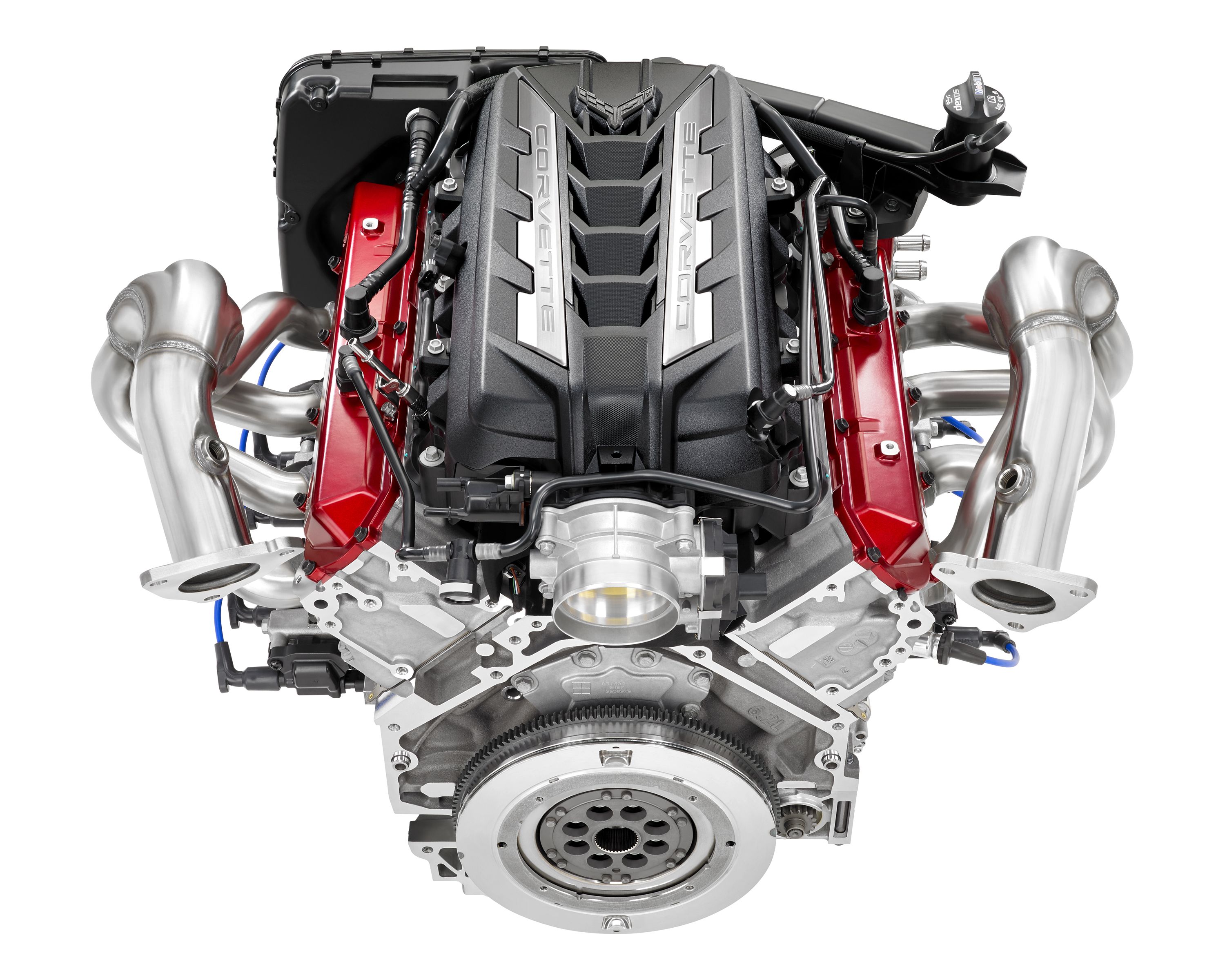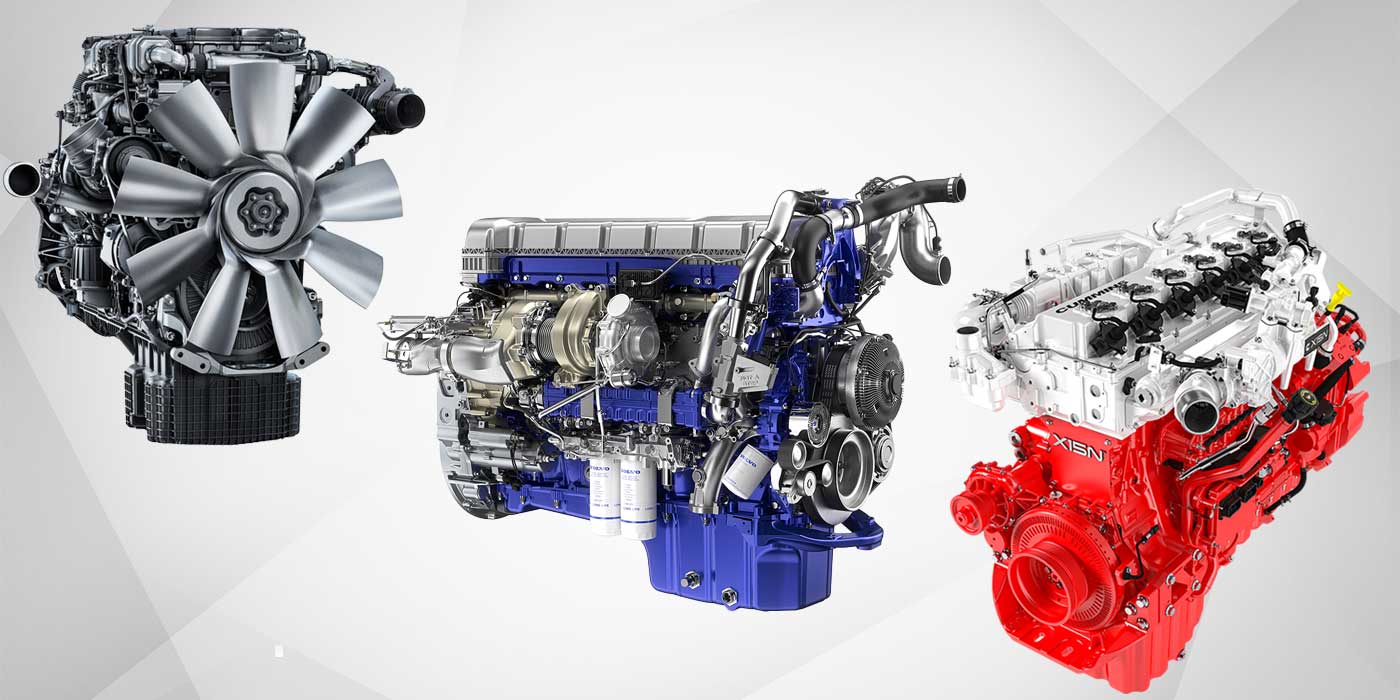Locate High-Quality Imports with Engines For Africa
Locate High-Quality Imports with Engines For Africa
Blog Article
A Full Guide to Selecting the Right Engine for Your Project
Picking the appropriate engine for your job is a vital choice that can considerably influence its overall success. It is essential to thoroughly specify your project needs, review performance requirements, and think about user-friendliness along with various other important aspects. In addition, understanding the neighborhood assistance readily available and scrutinizing cost ramifications can additionally improve your selection. Each of these elements plays an essential duty in guaranteeing that your chosen engine not only satisfies instant purposes yet additionally straightens with lasting desires. As we discover these factors to consider, you might find that the nuances of each aspect reveal more than originally anticipated.
Specify Your Task Demands
Specifying your project needs is an essential step in choosing the proper engine for successful implementation. A thorough understanding of your job's objectives will certainly guide you in recognizing the functions and capabilities called for from an engine. Begin by describing the extent of your job, consisting of the desired capability, target audience, and the details results you intend to achieve.
Following, consider the technical needs that line up with your task objectives. This includes evaluating the compatibility of the engine with existing systems, in addition to the shows languages and frameworks that will certainly be made use of. Furthermore, analyze the level of scalability needed to suit future growth or modifications sought after.
Spending plan restraints also play a crucial role in defining your job requires. Develop a clear monetary framework to direct your decision-making process, ensuring that the engine picked fits within your budget while offering the needed functionality.
Evaluate Performance Demands

Engines that support horizontal scaling are often more suitable for larger applications. Furthermore, assess the engine's performance under different conditions, such as peak usage scenarios, to guarantee it meets your reliability standards.
Take Into Consideration Convenience of Usage
While technological specs are necessary, the convenience of usage of an engine can substantially affect the advancement process and overall project success. An intuitive interface, clear documents, and streamlined operations can drastically lower the knowing contour for developers, allowing them to concentrate on imagination and problem-solving as opposed to coming to grips with complex devices.
When reviewing an engine's convenience of use, consider the onboarding experience. A well-structured intro, complete with tutorials and example projects, can promote a smoother shift for brand-new individuals. Additionally, the clearness and comprehensiveness of the engine's documentation play a crucial duty; extensive overviews and API recommendations can encourage designers to repair and execute attributes effectively.
An engine that permits for easy alterations can be more easy to use, as programmers can tailor it to fit their certain needs without considerable hassle. Eventually, choosing an engine that prioritizes ease of use can lead to a more productive and satisfying development experience.
Assess Area and Support
The stamina of an engine's community and support network can substantially influence a designer's experience and success. When analyzing an engine, think about the dimension and activity level of its my sources community.
Moreover, evaluate the availability of main assistance networks. Trusted paperwork, responsive customer support, and routine updates are important for addressing technical issues and maintaining your task on track. Engines For Africa. Energetic areas also foster cooperation, providing possibilities for networking and responses, which can be indispensable, especially for independent designers great site or small groups
Furthermore, investigate the presence of community-run events, such as hackathons or meetups. These gatherings can improve your understanding of the engine while attaching you with skilled individuals and possible partners. In summary, a durable community and support system not only enhance development however also produce an atmosphere for finding out and development, ultimately boosting the likelihood of your job's success.
Compare Expense and Licensing Choices
Budget plan factors to consider play a vital function in picking the right engine for your job, as the expense and licensing choices can substantially influence both short-term expenses and long-term viability. Engines For Africa. Different engines supply differing rates frameworks, which can consist of single purchase charges, membership models, or revenue-sharing contracts based on your project's incomes

Licensing options additionally differ dramatically. Some engines are open-source, supplying versatility and community-driven support, while others may call for exclusive licenses that restrict use and circulation. Comprehending the implications of each licensing model is essential, as it influences ownership rights, future scalability, explanation and possible legal obligations.
Verdict
To conclude, choosing the suitable engine for a task requires a complete assessment of defined project requirements, performance demands, ease of usage, neighborhood assistance, and expense considerations. By methodically resolving these essential aspects, decision-makers can ensure placement with both present and future job needs. A well-informed selection ultimately boosts the possibility of task success, enabling efficient resource allowance and optimizing potential results within the defined budgetary restrictions.
Picking the suitable engine for your job is a crucial choice that can dramatically impact its general success.Specifying your project needs is a critical step in choosing the proper engine for effective implementation. A detailed understanding of your task's objectives will assist you in recognizing the capacities and attributes required from an engine.Once you have a clear understanding of your job requires, the following action is to evaluate the performance requirements of the engine.In final thought, picking the ideal engine for a project necessitates a complete analysis of specified task requirements, performance requirements, simplicity of use, neighborhood support, and expense considerations.
Report this page